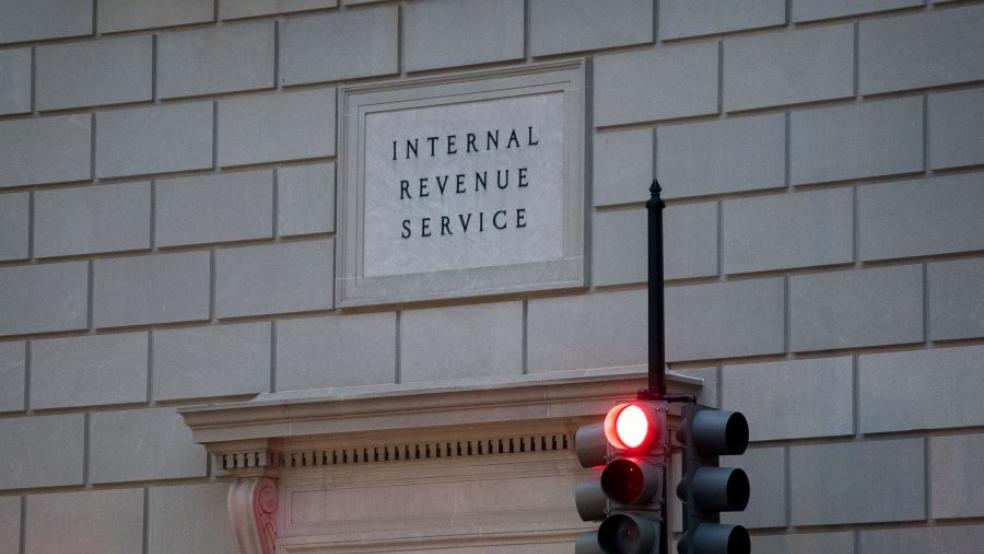The IRS wants to increase its audit rate for taxpayers earning more than $10 million by about 50%, according to an updated operating plan released Thursday.
Relying on additional funding provided by the Inflation Reduction Act of 2022, the tax agency said it plans to raise the audit rate on high earners, which was 11% in 2019, to 16.5% by 2026.
In addition, the IRS plans to triple the audit rate on businesses with assets worth more than $250 million, raising it to 22.6% by 2026. And it will increase the audit rate for business partnerships with assets exceeding $10 million by a factor of 10, raising it to 1%.
At the same time, the tax agency said that it has no plans to increase audits on individuals earning less than $400,000 a year.
Speaking to reporters Thursday, IRS Commissioner Danny Werfel emphasized the point. “As I’ve said over and over again, there is no new wave of audits coming for middle- and low-income [taxpayers], coming for mom-and-pops,” he said. “That is not in our plans in any way, shape or form.”
Ramping back up: The IRS saw its funding reduced over the last decade and a half, and as CNN’s Katie Lobosco reports, staffing levels in compliance fell by about 30% between 2010 and 2021. Thanks to the funds provided by the Inflation Reduction Act, the tax agency has added 11,000 positions since 2022, including auditors and customer service representatives. Werfel said Thursday that the operating plan calls for adding another 14,000 positions by 2029.
But that expansion hinges on the additional funding, which has been opposed by the GOP. As part of the agreement to avoid a partial government shutdown earlier this year, Democrats agreed to Republican demands for cuts to the IRS funds, reducing the original $80 billion over 10 years to $60 billion.
Werfel warned that further cuts would threaten the tax agency’s effort to crack down on wealthy tax cheats and improve services for all Americans. “We need to continue working to make more improvements in taxpayer service, modernize technology and ensure those with complex returns, including certain high-income individuals, large corporations and complex partnerships, pay the taxes they owe,” he said.


